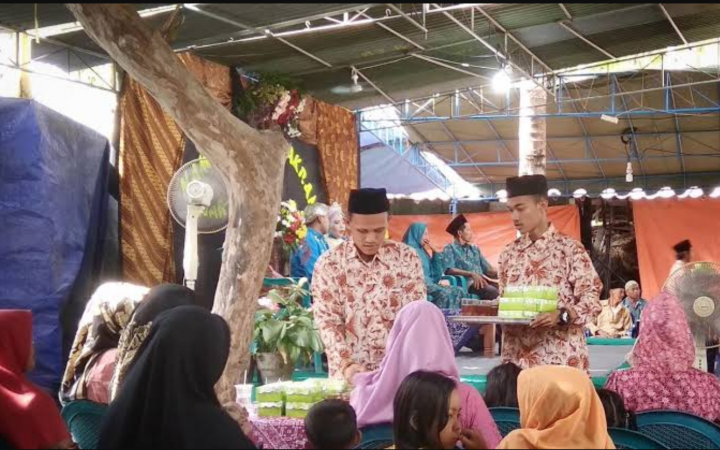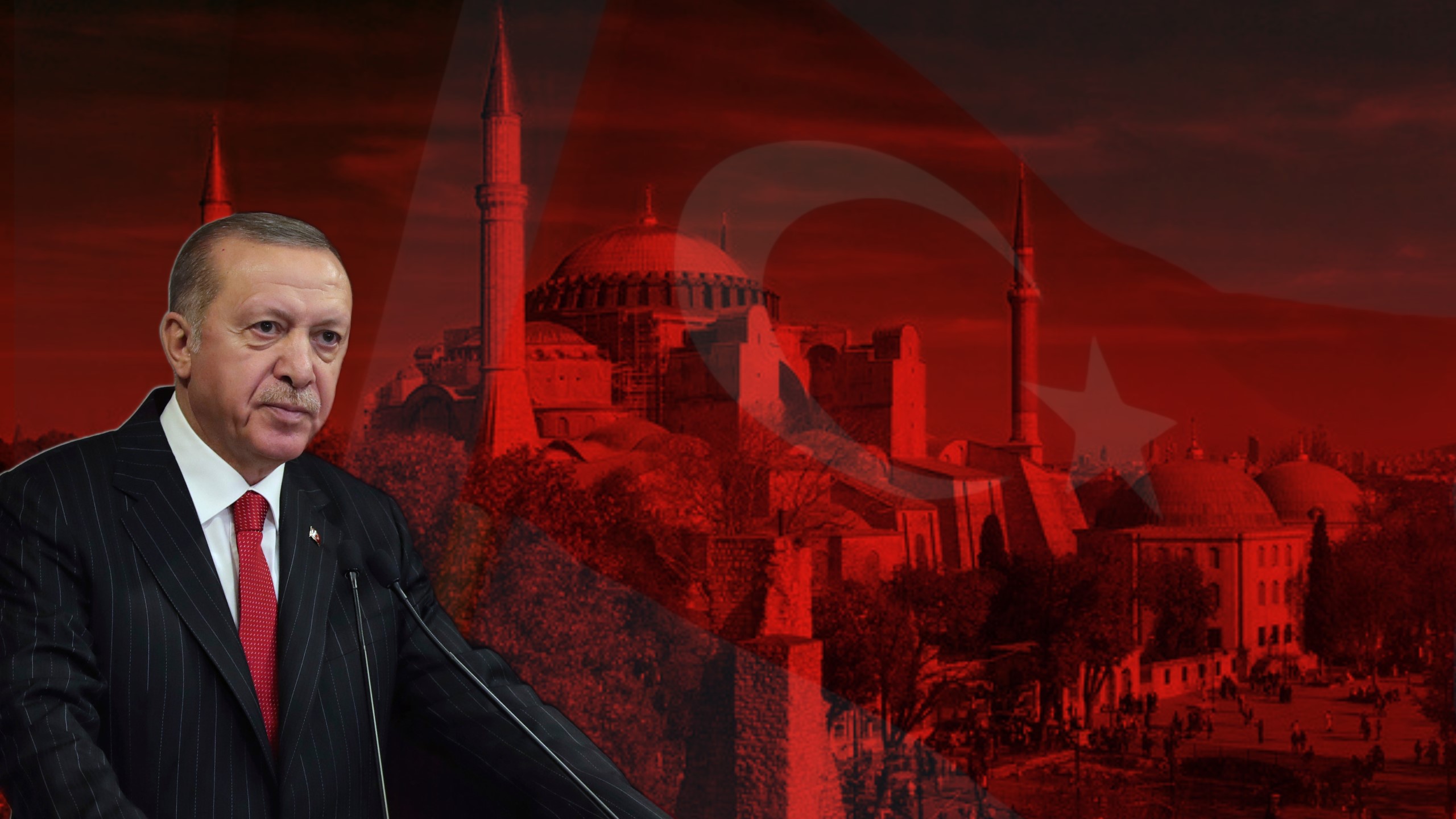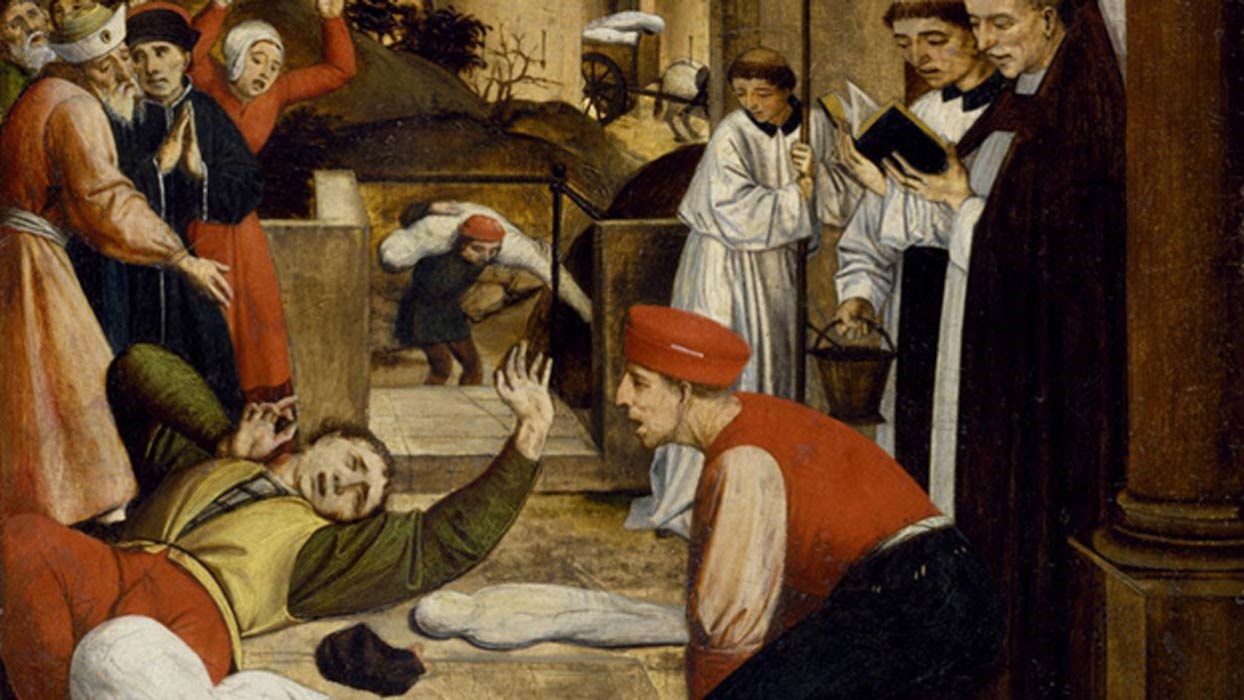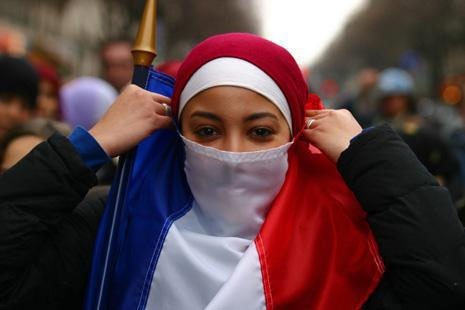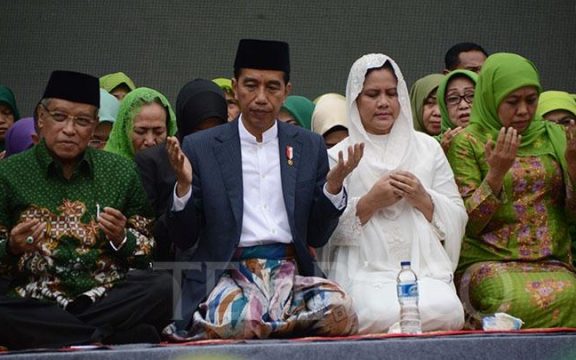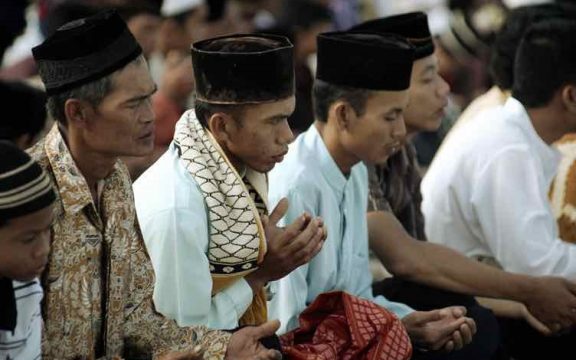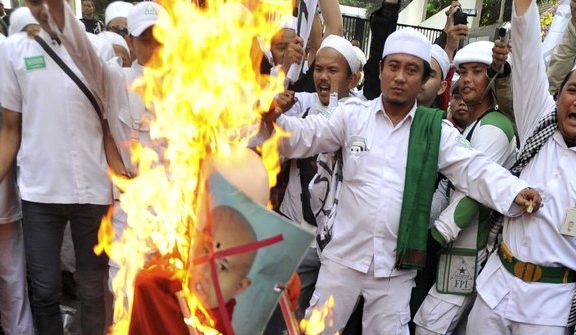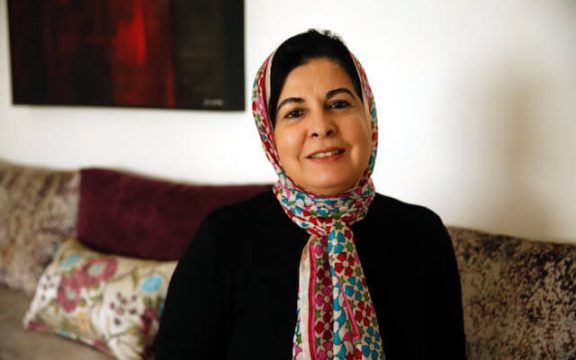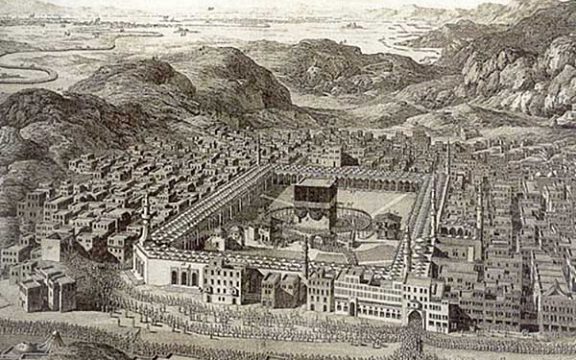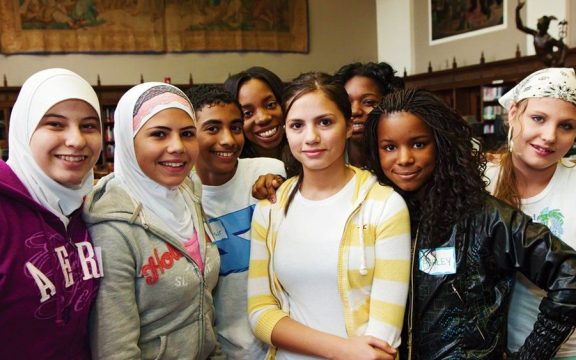It’s called Sinoman, one of long-lived traditions in Java, Indonesia. The definition of Sinoman (noun) is lexically an activity in which a group of young men and women who practically want to help ‘social parties’ like weeding, usually in their own villages. Epistemologically, sinoman is to aid our neighbors who have personal event and to succeed that event. The helpers are called ‘peladen’.
The term sinoman first appeared in the 14th century on the northern coast from Tuban to Pasuruan, East Java. Coming out from approximatelly 7th century ago, sinoman was a term to get together young Javanesse people.
The aims of sinoman are 1) to lighten the burden off other people with the party, 2) to achieve some form of partnership for the region’s citizens, 3) to nurture a youthful enthusiasm for themselves, and 4) to build and preserve harmony among citizens and many more.
What does the peladen do while doing sinoman?
When our neighbor has a ceremony such as wedding, they need many hand to organize everything. Many young people will come up voluntarily, help and contribute to organize so it runs well. One of the payments is usually the host will let them to take some food, drink, and cakes for free. Prior to the party, they hold a communal meeting to organize the party. And then, when the party ends, the host will thank to the peladens. At the time, it will be held a meeting called “pembubaran sinoman”. The task of sinoman is about to serve food to the guest, to prepare and oversee party preparation, and to houseclean while the party ends.
Basically, this tradition is pure for our neighbors who need our hand. The unique thing is they are doing it voluntarily. There is no obligation for the host to pay them even though occasionally one would be kind enough to give them money or pack of cigarettes for the men.
Nowadays, the tradition is further undermined by the influence of other cultures in the era of globalism, but it still exists in some places in Java, for instance in Surabaya and Yogyakarta, especially in all countrysides. The peladen usually wears kind of like uniform, which is usually batik, a traditional textile originating from the island of Java.
Although it is a voluntary activity, why does it still exist? is there a relation between sinoman and religious values on it?
Sinoman is exactly a tradition full of charity and is developed for the progress and harmony of citizens. This relates to the core of Islamic teachings. One of the central principles of Islam is helping others. The Qur’an and Sunna highlight how helping others and contributing to society is fundamental aspects of Islam. It is true that main purpose of being muslim is to worship God, but this is done not only through rituals like performing prayer and fasting but also through dealing with other people.
Born to change social order, Islam has ordered how we should treat our neighbors and be kind to them. It is clear that in the Quran neighbors are entitled to kindness, whether they are neighborly or not. The Qur’an says:
“Worship God alone and do not associate with Him any partners. Be kind to your parents and near of kin, to orphans, the needy, the neighbor who is related to you and the neighbor who is a stranger, the friend by your side, the wayfarer, and those whom your right hands possess. God does not love those who are arrogant and boastful.” (4/36)
Muslim narrated The Prophet Muhammad (PBUH) also said“Whoever believes in Allah and the last day should do well to his neighbor.”
Someone who wants to help others through sinoman is therefore not only because of to make it existed but also because of personally to perform Islamic teachings down to earth. Giving a help to our neighbors as The Prophet said is a part of our faith. This consciously or not leads them not only to do but also to make sinoman a long-lived tradition.
Sinoman, a unique mixture between local tradition and the Islamic values, has been developing and maintaining harmony among citizens around Java, and other parts of Indonesia.
![Islami[dot]co](https://en.islami.co/wp-content/themes/jambualas/images/logo.png)
